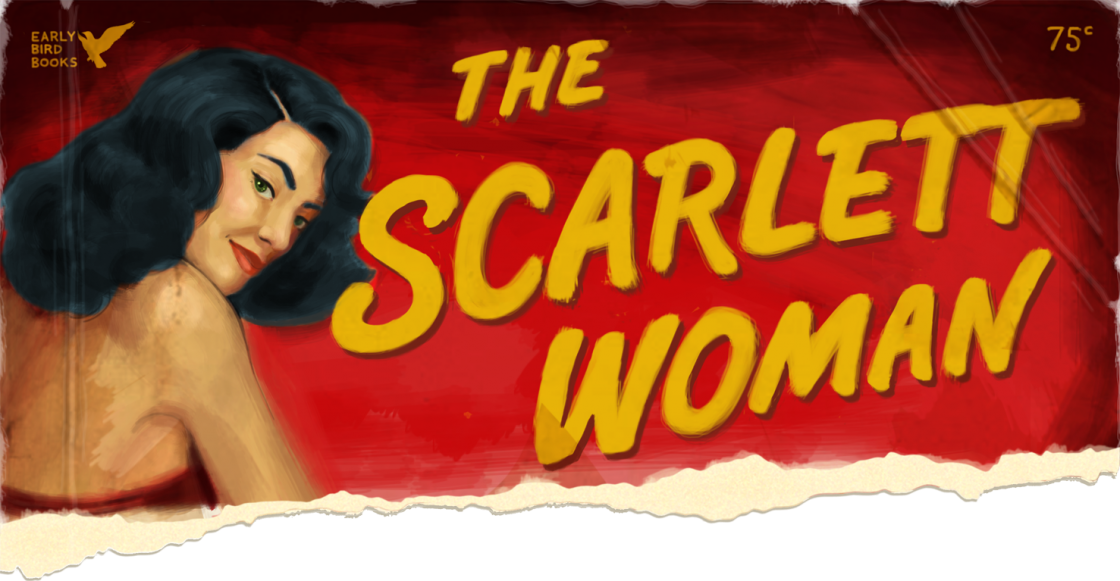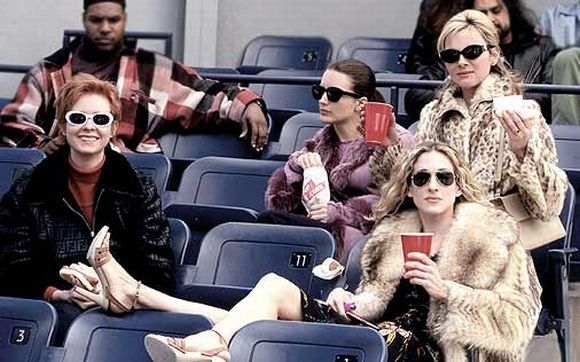I’ve been thinking and wanting to write about Sex & the City 2 for quite some time, but I was never sure of the right angle to take. Having just rewatched the whole series, culminating in the arguably ill-fated films, I think I’m ready to dip my toe in the shark-infested waters that surround Sex & the City 2.
SATC2 picks up where the first film left off: the franchise’s ascent into affluence but its decent of integrity. And where better to splash some new money than the “new” Middle East: Abu Dhabi.
I stand by the series and even the first movie, but Carrie and the girls are pressing my loyalty with their Arabian adventure. Samantha throwing condoms around the souk in an effort to assert her empowerment (a sentiment I don’t disagree with, but can we please respect multiculturalism?) followed by some covered Muslim women revealing their gaudy designer garb under their abayas and hijabs because FASHUN = the end of gender inequality could certainly have been omitted from the second cinematic outing and it still would have been a semi-palatable film. While these antics blatantly show how out of touch SATC has become, the girls’ ignorance is echoed throughout the film when Charlotte gets sucked into having “the Forbidden Experience” (purchasing black market designer wares) and questions what the call to prayer means. You’d think that before jetting off to the land of “desert moons, Scheherazade and magic carpets” women who are as free as they are would be a little more in touch with the culture and what’s expected of them there. Smart Traveller, hello?!
What I do like about the Middle Eastern flair of the film, though, is the thematic parallels between women wearing veils to silence their voices and the question of whether Carrie, after five books and countless “I couldn’t help but wonder”’s (literally; I lost count after about ten when I rewatched the series. Repetition, much?!), should shut up.
This seems to be the consensus, as New York magazine’s review of her latest book, I Do! Do I?, is titled “The Vow of Silence”. And in the accompanying illustration, Carrie is drawn with tape across her mouth, to echo the silencing of their Middle Eastern counterparts: “It’s like they don’t want them to have a voice,” Carrie observes. Synergy!
The concept of women’s voices is echoed elsewhere in the films’ storylines, with Miranda quitting her job because her misogynist boss didn’t respect her “strong female voice”, and Charlotte blaming Samantha for “open[ing] her big mouth” about her hot, braless nanny being a distraction for Harry.
Looking back on enlightenment of the series, it makes me sad that the insight into women’s lives, sex and otherwise, that it was so famous for has been completely erased from Sex & the City 2 in the name of capitalism and cultural insensitivity.
Related: In Defence of Sex & the City.










